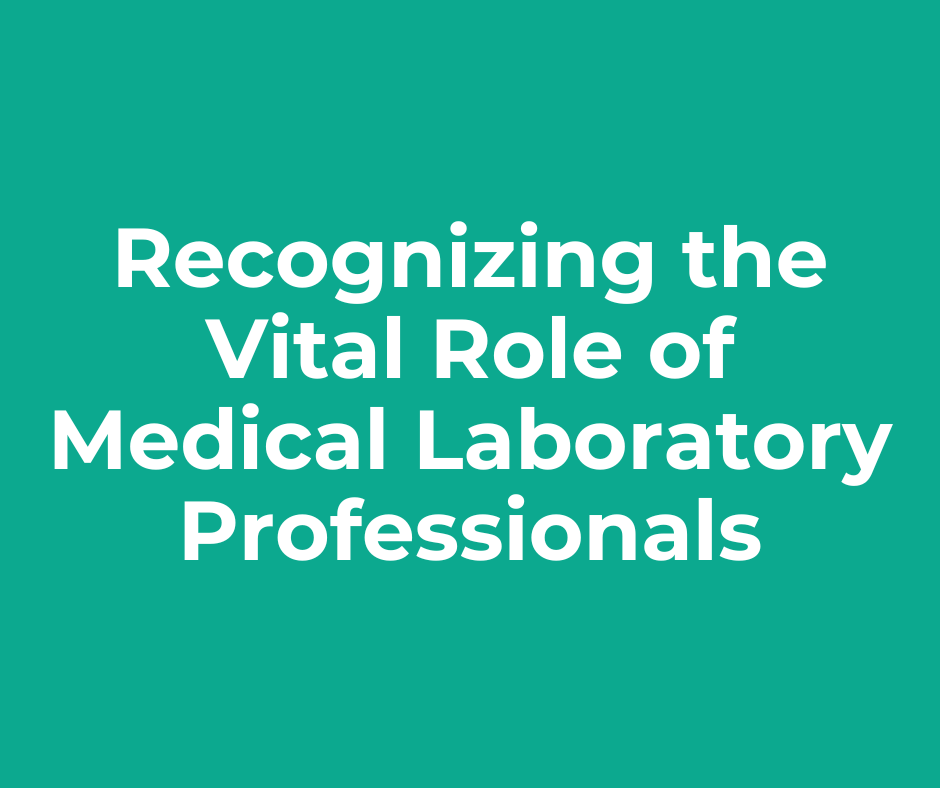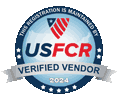By Heather Boucher
•
October 14, 2025
In recognition of Healthcare Career Awareness month, we’re spotlighting Heather Boucher, Senior Director of Quality, Risk and Compliance at Grace Cottage Hospital. Read on for more about Heather’s career trajectory, what inspired her to work in health care, and what a day-in-the-life looks like for a Hospital Quality Director. Can you tell us a little about your background and what first inspired you to work in health care? I actually started my career in the laboratory because I’ve always loved the sciences and enjoyed the problem-solving side of diagnostics. Working in the lab gave me a strong foundation in accuracy, data, and understanding how every detail can impact patient care. From there, I transitioned into infection prevention, which gave me a broader view of patient and staff safety and how systems protect both. That experience really opened the door to my current work in quality, where I can combine my scientific background, my eye for detail, and my commitment to safety to make sure patients receive the best care possible. What first inspired me to stay in healthcare is knowing that whether I was in the lab, infection prevention, or quality, the work I do behind the scenes directly supports patients and the teams who care for them. How did you find your way into the role of Hospital Quality Director, and what has the journey been like so far? My path into the Quality Director role has been very much a progression of building on each stage of my career. I started out as a medical laboratory scientist, which gave me a strong scientific and analytical foundation and taught me the importance of accuracy and detail in healthcare. From there, I moved into infection prevention, which broadened my focus to patient and staff safety at a systems level. That naturally led me to quality, first as an assistant, then into utilization review, and eventually into the quality manager role. Each step added new skills—whether it was learning regulatory requirements, working directly with providers, or leading improvement projects. Now, as Senior Director of Quality, Risk, and Compliance, I oversee multiple departments, which has been both challenging and rewarding. The journey has taught me how interconnected quality, compliance, and patient safety truly are, and how important it is to engage staff at all levels to create a culture where improvement is part of everyday work. It’s been a growth journey, but one that’s deeply fulfilling because I can see the impact across the entire organization. What does a “day in the life” look like for you at Grace Cottage? A day in the life here is never the same, and that’s one of the things I enjoy most. On any given day I might be reviewing quality data, following up on regulatory requirements, or meeting with staff about performance improvement projects. I spend time supporting infection prevention and compliance, and I’m often consulting with different departments to help troubleshoot issues or identify opportunities to improve processes. Because I oversee multiple areas, my day is a balance of big-picture strategy and hands-on problem-solving. What ties it all together is that my focus is always on patient safety, staff support, and making sure we’re delivering the best possible care. What’s your favorite memory or proudest moment from your time as a Quality Director? There are many moments I’m proud of, but one that really stands out is building our infection prevention program from the ground up. When I first stepped into that role, we didn’t have a structured program in place, so it was a matter of creating policies, building staff education, and putting systems in place that were both practical and sustainable. What I’m most proud of is that the program not only took root but continues to be effective today — and it’s had a direct impact on patient safety. We’ve maintained an incredibly low rate of hospital-acquired infections, almost zero in fact, which speaks to the commitment of our staff and the strength of the program. Knowing that something I helped build continues to protect patients and support staff every day is very rewarding. Vermont’s health care system is going through big changes. What advice would you give to help ensure quality stays at the center of transformation? My advice is to make sure that quality isn’t treated as an afterthought to change, but as the foundation of it. With Act 167 bringing significant transformation to Vermont hospitals, it’s critical that decisions are made with patient outcomes and safety at the center. That means using data to guide improvements, engaging frontline staff in the process so changes are realistic and sustainable, and keeping communication transparent, so everyone understands the ‘why’ behind new initiatives. If we stay focused on quality as the common thread — ensuring access, safety, and measurable outcomes — the transformation will not only meet regulatory goals, but also truly benefit the communities we serve. What skills, strengths, or perspectives do you think are most valuable in this field? In healthcare quality, I think the most valuable strengths are multitasking, problem-solving, open-mindedness, perseverance, and follow-through. This work often means balancing many priorities at once, so being able to multitask is essential. Problem-solving helps us break down complex issues and find solutions that actually work in practice, while an open mind allows us to see different perspectives and adapt to change. Perseverance is key because improvement isn’t always immediate — it takes determination to keep moving forward when challenges arise. And finally, follow-through is what ensures that good ideas and plans translate into results. Together, these qualities help build lasting improvements in patient care and safety. If someone was considering a career in health care quality, what advice would you give them? My advice for someone considering a career in healthcare quality is to start slow and give yourself a chance to really learn what the field is about. I encourage people interested in healthcare to think about cost-effective two-year programs — like laboratory technician, radiology, or therapy assistant programs. Those paths let you get into the workforce quickly, gain experience, and often continue your education with support from your employer. It’s a great way to get exposure to healthcare quality without committing to a four-year degree right away, only to find out it’s not the right fit. Healthcare isn’t for everyone, but for those who find it rewarding, job security and opportunities for growth are there. From there, curiosity, persistence, and follow-through will carry you far in the healthcare field. Heather Boucher Senior Director of Quality, Risk and Compliance Grace Cottage Hospital



